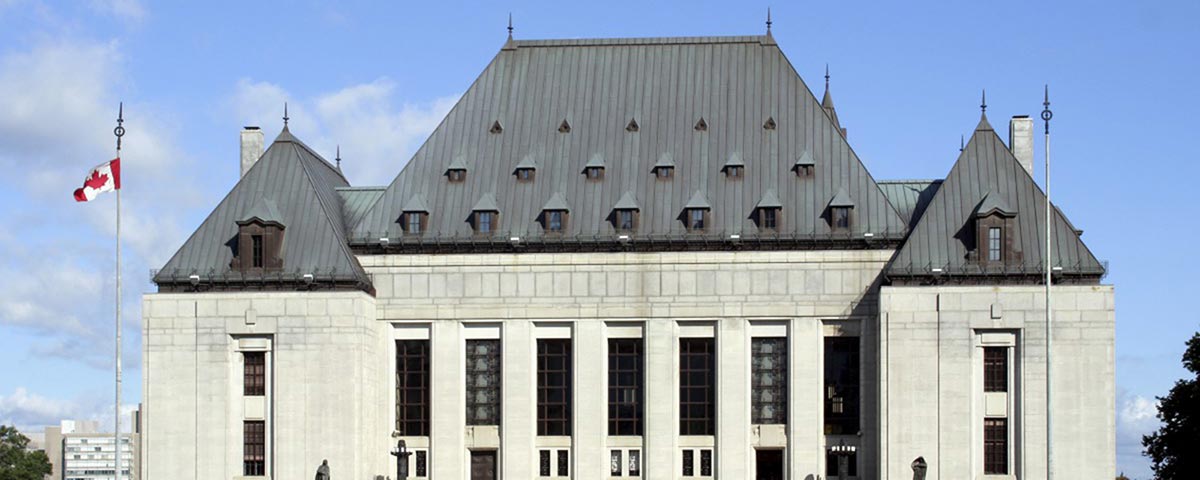The right to habeas corpus is a centuries-old remedy intended to protect individuals from “wrongful restraints upon their liberty.” The Supreme Court of Canada today extended this remedy to individuals held in immigration detention. CCLA was an intervenor in the case of Canada v Chhina. We argued that liberty protections afforded to people detained by the state should be available to non-citizens. The scheme of detention review under the Immigration and Refugee Protection Act is inadequate compared to the remedy available under habeas corpus.
Mr Chhina had spent many months in immigration detention, some of which in the Calgary remand centre. There, they keep inmates on lockdown 22 and a half hours each day.The first court to receive Mr Chhina’s habeas corpus application declined to hear it. They found that Mr Chhina had access to a complete and adequate detention review process under the Immigration Act. Thus, he was not entitled a habeas corpus remedy. The Supreme Court of Canada found otherwise. They found that the Immigration Act detention review process is “unable to effectively address the challenge raised by Mr Chhina’s application in a manner that is as broad and advantageous as habeas corpus.” In particular, the Immigration Act places an onus on detainees to argue that the detention is unlawful. The regulations do not guide how to consider the length and duration of the detention. Meanwhile, habeas corpus requires the government to justify the legality of the detention.
The Court also referred to an external audit commissioned by the chair of the Immigration and Refugee Board which “offers a timely, and frankly unfortunate, picture of how the [detention review] scheme is being administered for those in long-term detention,” and how it is failing to protect individual rights. The 2018 audit shows how new reviews tend to rely on old decisions rather than looking afresh at the legality of the detention. The immigration review body, rather than conducting an independent review, “often overly relies on the Canada Border Services Agency’s submissions.”
The Court also found that the immigration review scheme does not adequately provide for consideration of a detainee’s Charter rights in the full context of their circumstances. Moreover, the habeas corpus scheme is a swift and immediate remedy. This is in contrast to the lengthy process that can occur under the Immigration Act.
As such, the Court concluded, “Although our legal system continues to evolve, habeas corpus “remains as fundamental to our modern conception of liberty as it was in the days of King John” and any exceptions to its availability must be carefully limited.”
About the Canadian Civil Liberties Association
The CCLA is an independent, non-profit organization with supporters from across the country. Founded in 1964, the CCLA is a national human rights organization committed to defending the rights, dignity, safety, and freedoms of all people in Canada.
For the Media
For further comments, please contact us at media@ccla.org.





